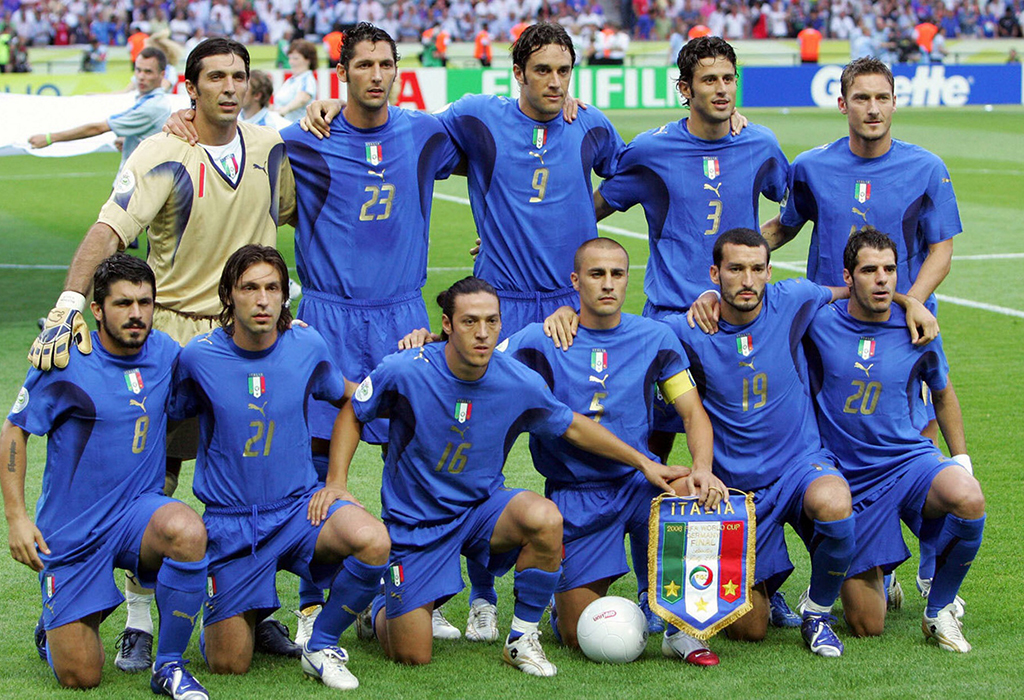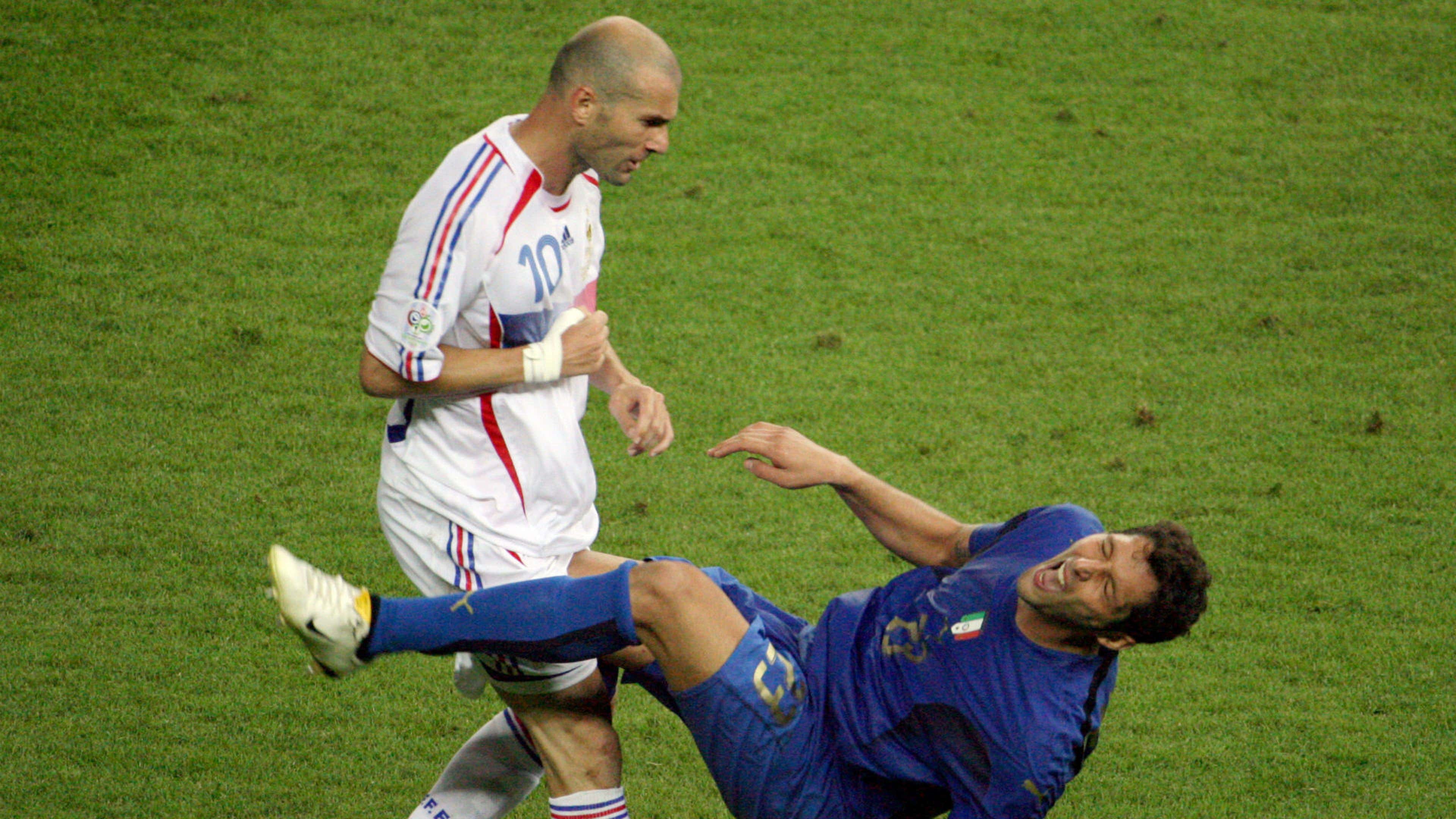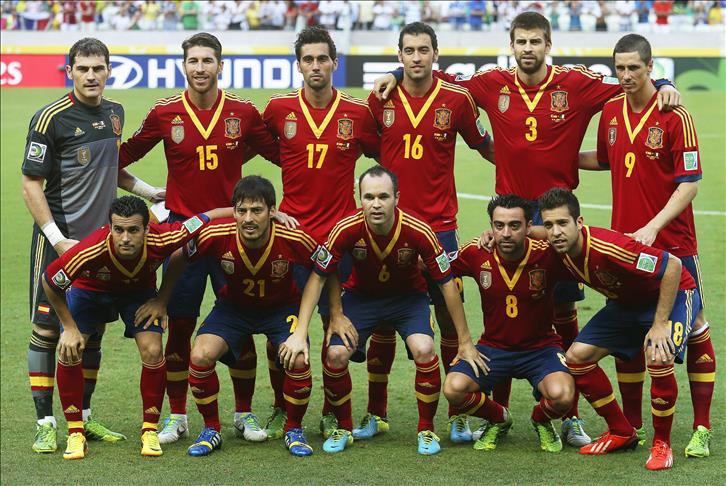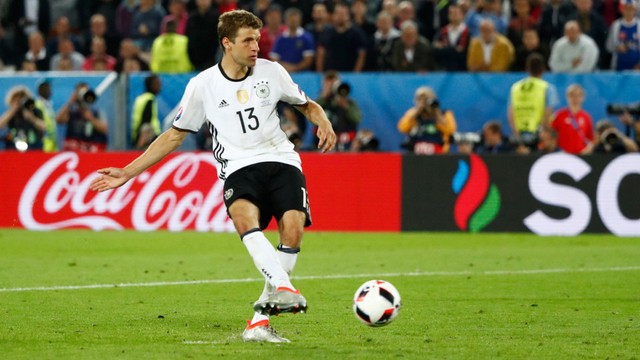WORLD CUP (2002-2006-2010) (5)
We are together again with our new article. In this article, we continue our World Cup journey with the 2002, 2006, 2010 and 2014 World Cups, and we continue on our way with your support.
2002 WORLD CUP
The 2002 FIFA World Cup was co-hosted by South Korea and Japan, marking the first time that the World Cup was hosted by two countries. It was also the first World Cup held in Asia. The tournament took place from May 31 to June 30, 2002.
The tournament had 32 teams from around the globe, divided into eight groups of four. The top two teams from each group advanced to a knockout stage. The teams competed in a total of 64 matches in 20 different venues. The tournament featured 32 teams, divided into eight groups (A to H). Here are the details for each group:
Group A
Teams: Denmark, Senegal, Uruguay, France
Denmark and Senegal advanced to the Round of 16.
Group B
Teams: Paraguay, South Africa, Spain, Slovenia
Spain and Paraguay advanced to the Round of 16.
Group C
Teams: Brazil, Turkey, Costa Rica, China PR
Brazil and Turkey advanced to the Round of 16.
Group D
Teams: South Korea, United States, Poland, Portugal
South Korea and United States advanced to the Round of 16.
Group E
Teams: Germany, Ireland, Cameroon, Saudi Arabia
Germany and Ireland advanced to the Round of 16.
Group F
Teams: Sweden, England, Argentina, Nigeria
Sweden and England advanced to the Round of 16.
Group G
Teams: Mexico, Italy, Croatia, Ecuador
Mexico and Italy advanced to the Round of 16.
Group H
Teams: Japan, Belgium, Russia, Tunisia
Japan and Belgium advanced to the Round of 16.
From each group, the top two teams advanced to the Round of 16. The tournament was notable for the success of the South Korean team, which reached the semifinals, and for the elimination of defending champions France in the group stage.
The tournament was notable for the success of the South Korean team, which reached the semifinals, becoming the first and only Asian team to achieve this feat. Their journey included victories against Portugal, Italy, and Spain.
The tournament was also marked by the early exit of the defending champions France and the strong performance of teams like Senegal and Turkey.
The final was held at the International Stadium in Yokohama, Japan. The match was between Brazil and Germany, with Brazil winning 2-0, marking their fifth World Cup title. Ronaldo, the Brazilian striker, scored both goals in the final.
CHAMPION: BRAZIL
Golden Boot Award:
The Golden Boot (awarded to the top goal scorer of the tournament) was won by Ronaldo of Brazil, who scored 8 goals.
TOP SCORER: RONALDO - BRAZIL
Golden Ball Award:
The Golden Ball (awarded to the best player of the tournament) was won by Oliver Kahn of Germany. He was the first and only goalkeeper to win this award in the World Cup.
OLIVER KAHN - GERMANY
The 2002 World Cup is remembered for the surprising and exciting performances by teams such as South Korea and Senegal, the goal-scoring prowess of Ronaldo, and the co-hosting of the tournament by South Korea and Japan, which was seen as a success and helped to further globalize the sport of football.
2002 WORLD CUP FINAL
2006 WORLD CUP
The 2006 FIFA World Cup was hosted by Germany from June 9 to July 9, 2006. This was the 18th edition of the tournament, and it featured 32 teams from around the globe.
The 2006 FIFA World Cup featured 32 teams divided into 8 groups (A to H). Each group had 4 teams. Here's how each group looked and which teams advanced to the knockout stage:
Group A:
Teams: Germany, Costa Rica, Poland, Ecuador
Advanced to knockout stage: Germany (1st), Ecuador (2nd)
Group B:
Teams: England, Paraguay, Trinidad and Tobago, Sweden
Advanced to knockout stage: England (1st), Sweden (2nd)
Group C:
Teams: Argentina, Ivory Coast, Serbia and Montenegro, Netherlands
Advanced to knockout stage: Argentina (1st), Netherlands (2nd)
Group D:
Teams: Mexico, Iran, Angola, Portugal
Advanced to knockout stage: Portugal (1st), Mexico (2nd)
Group E:
Teams: Italy, Ghana, United States, Czech Republic
Advanced to knockout stage: Italy (1st), Ghana (2nd)
Group F:
Teams: Brazil, Croatia, Australia, Japan
Advanced to knockout stage: Brazil (1st), Australia (2nd)
Group G:
Teams: France, Switzerland, South Korea, Togo
Advanced to knockout stage: Switzerland (1st), France (2nd)
Group H:
Teams: Spain, Ukraine, Tunisia, Saudi Arabia
Advanced to knockout stage: Spain (1st), Ukraine (2nd)
In the group stage, each team played three matches, one against each of the other teams in their group. The top two teams from each group (based on points and then goal difference) advanced to the knockout stage. The knockout stage was a single-elimination tournament that culminated in the final match on July 9, where Italy emerged as the champions.
The final match was held at the Olympiastadion in Berlin, with Italy and France competing for the title. The match ended in a 1-1 draw after extra time, and Italy won 5-3 in a penalty shootout.
CHAMPION: ITALY
This tournament is particularly remembered for the incident in the final where French player Zinedine Zidane was sent off for headbutting Italian defender Marco Materazzi in the chest during extra time.
ZIDANE - MATERAZZI
The tournament also saw the emergence of new football stars like Germany's Lukas Podolski, who won the Best Young Player award, and Italy's Fabio Cannavaro, who won the FIFA World Player of the Year later in 2006.
FABIO CANNAVARO - ITALY
Golden Boot Award:
The Golden Boot (awarded to the top goal scorer of the tournament) was won by Miroslav Klose of Germany, who scored 5 goals.
TOP SCORER: MIROSLAV KLOSE - GERMANY
Golden Ball Award:
The Golden Ball (awarded to the best player of the tournament) was won by Zinedine Zidane of France.
The 2006 World Cup is remembered for its exciting matches, the Zidane headbutt incident, and the success of the German team. The tournament was also a huge success in terms of organization and was praised for the hospitality of the German people. It was dubbed by FIFA as the "summer fairytale" due to its success and the beautiful weather throughout the tournament.
2006 WORLD CUP FINAL
2010 WORLD CUP

The 2010 FIFA World Cup took place in South Africa from June 11 to July 11, 2010. This was the 19th edition of the tournament and the first time it was held on the African continent.
The tournament featured 32 teams, divided into eight groups of four. The top two teams from each group advanced to the knockout stage, which was a single-elimination tournament leading to the final match. Here's a breakdown of the groups and the teams that advanced to the knockout stage:
Group A:
Teams: South Africa, Mexico, Uruguay, France
Advanced to knockout stage: Uruguay (1st), Mexico (2nd)
Group B:
Teams: Argentina, Nigeria, South Korea, Greece
Advanced to knockout stage: Argentina (1st), South Korea (2nd)
Group C:
Teams: England, United States, Algeria, Slovenia
Advanced to knockout stage: United States (1st), England (2nd)
Group D:
Teams: Germany, Australia, Serbia, Ghana
Advanced to knockout stage: Germany (1st), Ghana (2nd)
Group E:
Teams: Netherlands, Denmark, Japan, Cameroon
Advanced to knockout stage: Netherlands (1st), Japan (2nd)
Group F:
Teams: Italy, Paraguay, New Zealand, Slovakia
Advanced to knockout stage: Paraguay (1st), Slovakia (2nd)
Group G:
Teams: Brazil, North Korea, Ivory Coast, Portugal
Advanced to knockout stage: Brazil (1st), Portugal (2nd)
Group H:
Teams: Spain, Switzerland, Honduras, Chile
Advanced to knockout stage: Spain (1st), Chile (2nd)
The final match took place at Soccer City Stadium in Johannesburg, with Spain and the Netherlands competing for the title. Spain won 1-0 after extra time, thanks to a goal by Andrés Iniesta. This was Spain's first World Cup title.
CHAMPION: SPAIN
The 2010 World Cup introduced the controversial "Jabulani" ball, which was criticized by players and goalkeepers for its unpredictable flight path.
The tournament was also notable for the widespread use of vuvuzelas, a plastic horn instrument that created a buzzing sound throughout the matches. The sound became synonymous with the 2010 World Cup and was both loved and hated by fans and players alike.
Golden Boot Award:
The Golden Boot (awarded to the top goal scorer of the tournament) was won by Thomas Müller of Germany, who scored 5 goals.
TOP SCORER: THOMAS MULLER - GERMANY
Golden Ball Award:
The Golden Ball (awarded to the best player of the tournament) was won by Diego Forlán of Uruguay.
DIEGO FORLAN - URUGUAY
The 2010 World Cup was a significant event for South Africa and the African continent as a whole. It showcased the country's ability to host a major international event and boosted tourism. The tournament was also memorable for Spain's victory, the sound of vuvuzelas, and the introduction of the Jabulani ball.
2010 WORLD CUP FINAL
We have come to the end of the 5th series of our World Cup history article. I welcome all sports fans to my page, stay with football, stay with us.








































